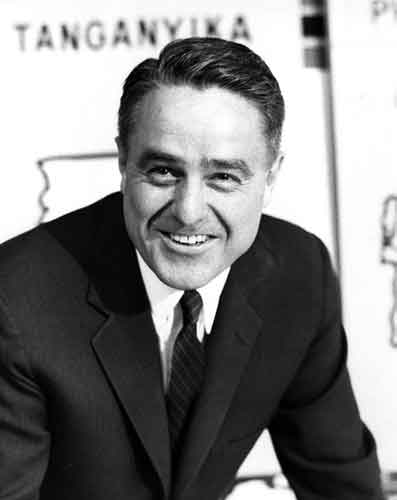
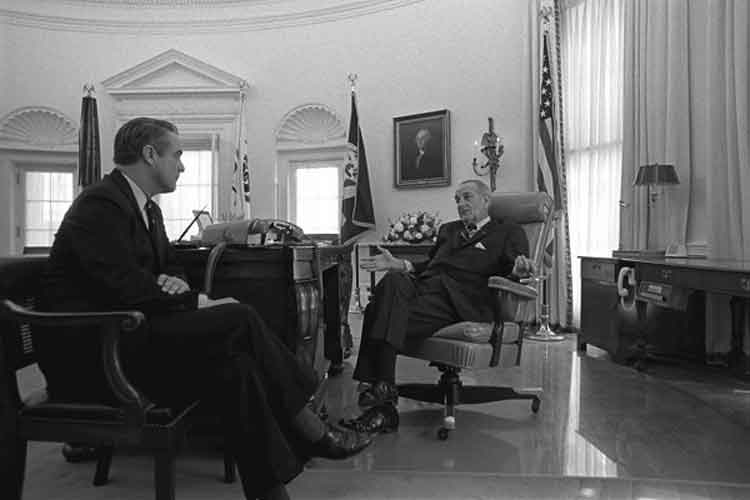

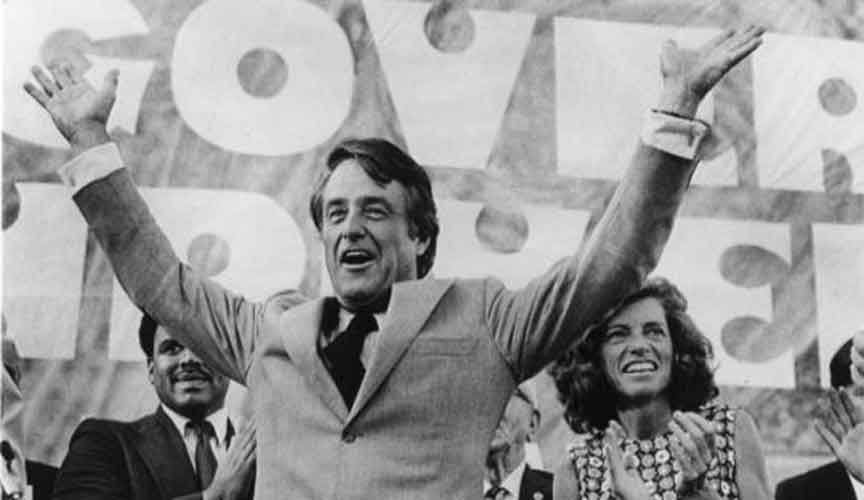

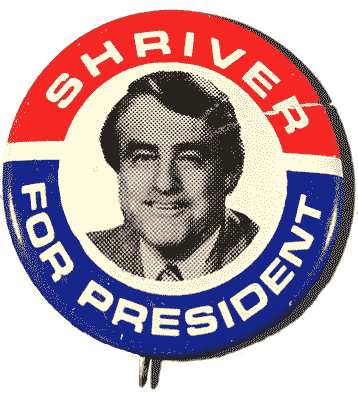
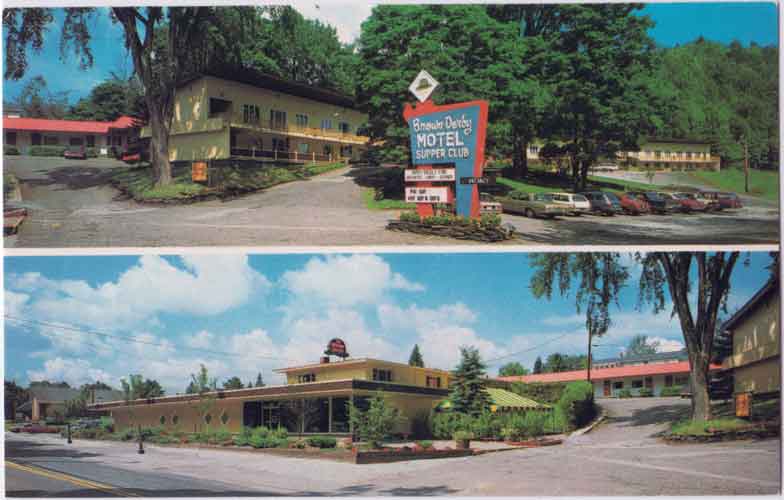
I can remember when Sargent Shriver came to . . . . Johnson was running for president still. It must have been ’67, late, and then he pulled out. Or maybe it was for Humphrey. Anyway, Sargent Shriver showed up in Durham, New Hampshire. So we all went over—not we all—but a number of us went over. And that was at the time when Shriver and the president were saying, “We can have guns and butter both.” That was the big debate: can you have guns for Vietnam and butter for the War on Poverty?
Practically everybody who was active in 1968 is no longer playing anything more serious than backgammon these days, but . . . . It was a beginning in Vermont. Vermont was changing anyway. It was changing because people were coming in. Changing as a result of education. What used to be available only in a small community, such as certain kinds of music became statewide. And there was some interest in fledgling theaters that started about that time. And when I say “that time,” I’m generally referring to ’65 to ’75. We always think about “the ‘60s,” but, actually, there was probably more turmoil in the early ‘70s than in the ‘60s itself.
I tell this story about Shriver often. He had a guy who was his assistant. “Woody” was his nickname. And he was standing beside Shriver. And somebody would get up and say, “Mr. Shriver, do you know what they did in Albany or someplace?” And then he’d tell some horror story about how the Community Action agency had offended the sensibilities of somebody or other. And Shriver would say, “Do we do that, Woody?”
And Woody’d say, “Yeah.”
“We’re not going to do that anymore. Next question.” [laughs]
Sargent Shriver himself was a magnificent leader. I saw him when he was campaigning in Vermont. In 1970 . . . . ’76, I think, he ran for President. And Brian Burns, who was Lieutenant Governor in Vermont, had already signed on to be Shriver’s guy in Burlington. So, he called me up and he said, “Will you take him around and take care of him in Barre?”
And I said, “Oh, sure.” I had no idea how to do it. But I met with Shriver and maybe one of his people. Plus, he had two or three Secret Service agents with him, protecting him, supposedly. I can remember we had a meeting with labor leaders at the Brown Derby in Montpelier. And Shriver was great. Didn’t matter who he was talking to. He was just plain good.
So I took him out that night. We went to the bowling alleys. I remember he threw a ball in the bowling alley, and it went down the gutter at the Twin City Lanes down here. And that brought a big laugh.
Finally at around 11:30, we went to the Snowmobilers Ball at the Auditorium. And Shriver was a good looking man. And there had been a fair amount of liquor that the ladies had been drinking, and they all descended on him. And he’s lucky he got out of there alive, because Shriver was a straight arrow.
When we were all done that, I had to take him back to Montpelier, to the Brown Derby where he was staying. There were about five cars of us in this troop. I was in the car with Shriver in the front car, with the Secret Service and so on. And just as we went . . . . We just started, drove by McDonald’s, which is more or less where it is now, on the Barre-Montpelier Road. And Shriver says, “Geez, what I need, a Big Mac.” So–I don’t remember whether I was driving or not. I think I was driving. And I had to take, make a big u-turn at 12:30 Saturday night and swing back, go back down the road a quarter of a mile and come back into McDonald’s. And we parked the car, and we went into McDonald’s.
Well, there was only two people in there, two customers. And there was one or two people behind the counter. So we walked in. And I was feeling quite buoyant. We’d had a lot of fun. Shriver made a lot of friends, actually. So I walked up to two young men who were sitting at a table looking a little glazed. I said, “Hey, fellows. Want to meet Sargent Shriver. He’s running for President.”
“Oh,” they said. “President of what?”
I said, “President of the United States.”
The kid says, “You gonna legalize marijuana?”
Shriver says, “We’re going to sell it on the White House lawn.”
The fastest comeback in history. Selling marijuana on the White House lawn was not part of conventional wisdom at that time. But that was the reaction.
And the next day, he got up at 6 o’clock in the morning, I’m told. He went to church. He always went to church. He did everything right by the so-called book and went over to Goddard. And Goddard was very pluralistic, to put it mildly. Goddard always had a rancorous reputation having to do with everything from drugs to crazy curriculums to sex to you know what. And this was at the beginning of that time or maybe in the middle of that time. But Shriver handled himself very well.
I loved Shriver. He had a zest for life, and what was right and what was wrong, and how you get things done.
